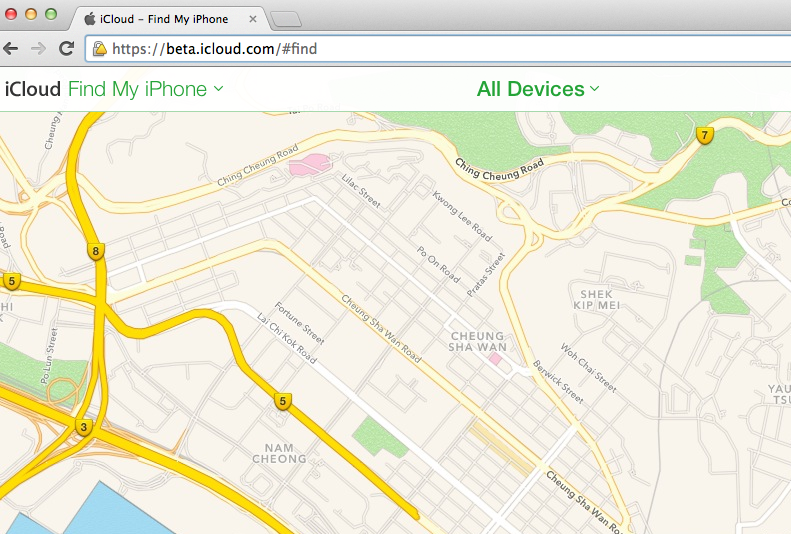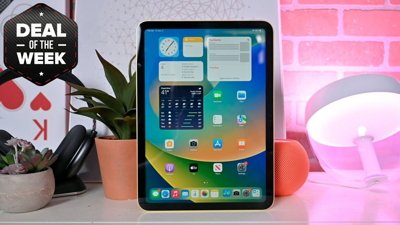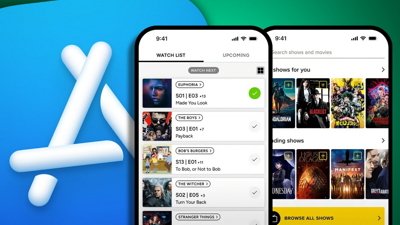Apple's in-house mapping service has made the jump to the web some two years after its debut at the company's Worldwide Developers Conference, supplanting Google Maps in the newest preview of the web-based Find my iPhone application.
Users of Apple's iCloud beta site will now see their lost devices placed atop Apple's own maps, though Google continues to power the public edition for the time being. The change was first noticed by German blog iPhoneBlog.de
Functionality remains the same between the two versions, though Apple's vector-based maps do appear more lightweight. AppleInsider tests revealed the Google Maps-powered version transferred some 4 megabytes of data for a single request, compared to just over 400 kilobytes for Apple's.
iCloud's Find my iPhone application is one of the few areas where Apple continues to use Google Maps — along with its retail store locator — though Tuesday's unveiling of web-based maps suggests that Google's time is near an end. Apple has been steadily working to improve its own mapping solution in recent months following a nearly disastrous debut that ultimately resulted in the firing of former iOS chief Scott Forstall.
The company has begun issuing routine updates to maps and point-of-interest data, with changes propagating at approximately midnight Pacific time every day. Apple has also been seen advertising for new Maps API engineers, hinting at "big plans" to overhaul Maps's backend systems.
 Sam Oliver
Sam Oliver








 William Gallagher
William Gallagher

 Christine McKee
Christine McKee
 AppleInsider Staff
AppleInsider Staff
 Chip Loder
Chip Loder

 Malcolm Owen
Malcolm Owen









80 Comments
Apple is making fast progress with their mapping efforts. Well done. It's not an easy thing to do.
“Google gives way”, and yet you’re using Chrome. Really?
AI's headlines are almost never accurate.
The market hasn't woken up to the damage done to Google's business model by Apple doing its own Maps. When you consider the value of the data Google was collecting from iOS users [you know, the folks who carry credit cards and spend 4x Android users on apps and media], Apple hit them where it hurts. There's a war between Apple and Google and right now and Google is far, far more vulnerable to an attack from Apple. Apple can cut off their access to the most valuable mobile analytics and data on the planet. That strikes at the heart of Google's business model. Spotlight in iOS 8 and Yosemite is yet another salvo: http://halifaxbloggers.ca/straighttech/2014/06/spotlight-the-war-between-apple-and-google/
AI's headlines are almost never accurate.
“Google gives way”, and yet you’re using Chrome. Really?
What effect does the author's choice of web browser have on the headline? It's about the content of a web page, not the thing displaying it.